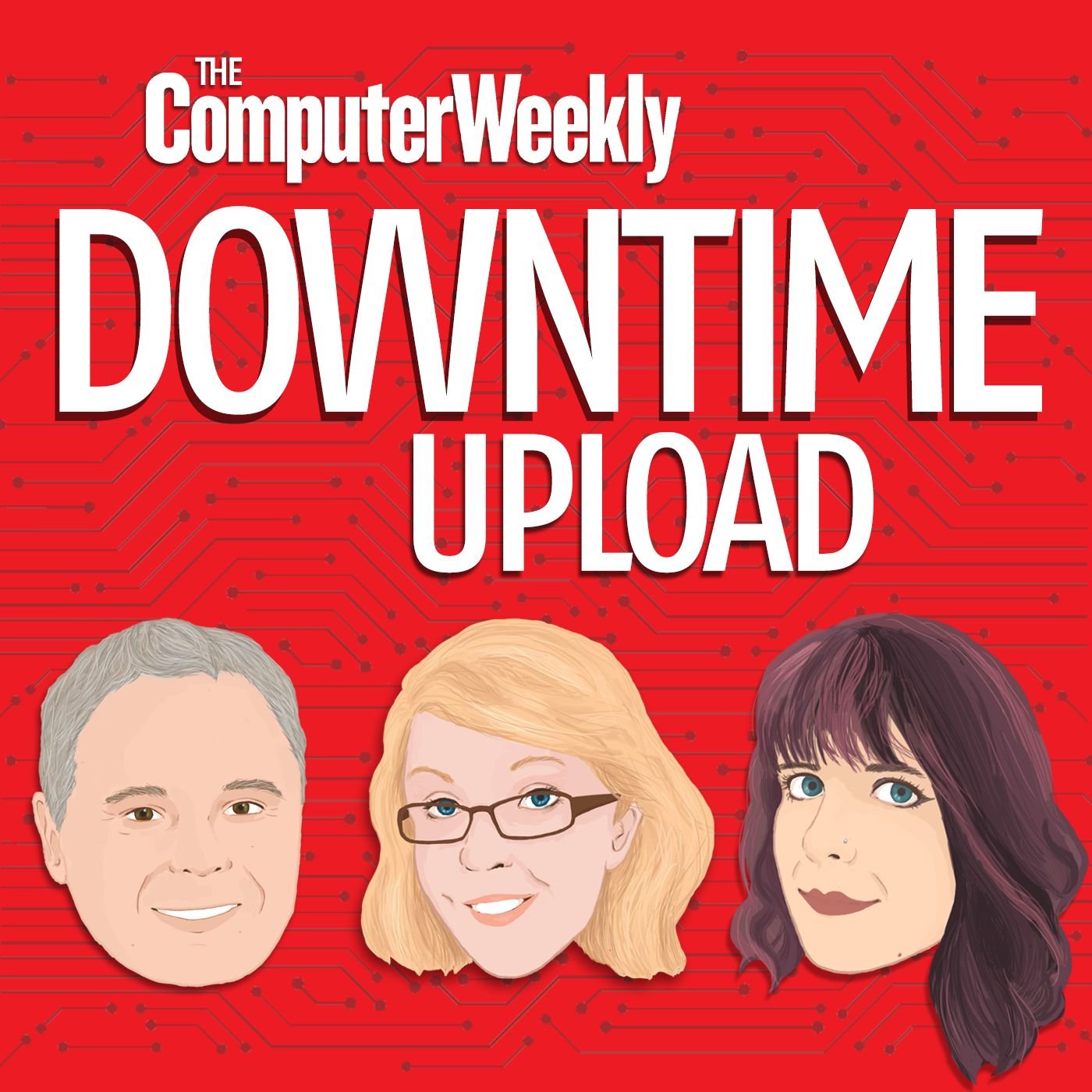
JDaniels
Ukraine: Cyber warfare and IT industry boycott of Russia – Computer Weekly Downtime Upload podcast

Alex Scroxton joins the team to discuss the cyber war dimension of the conflict arising from Russia’s invasion of Ukraine, and the IT industry’s response to Putin’s war
In this episode, Computer Weekly’s security editor Alex Scroxton joins Caroline Donnelly, Clare McDonald and Brian McKenna to discuss the cyber war dimension to the war in Ukraine, and the IT industry’s response to the Russian invasion, including a boycott of Russia and humanitarian aid to the people of Ukraine. Because this is the most serious of subjects, this episode of the podcast is devoted just to this topic.
Caroline begins the episode by drawing from Alex the background and context to a couple of his recent stories.
The first is Direct action is a risky business for Ukraine’s volunteer hackers, which discusses how a band of cyber irregulars have answered a Ukrainian call to create an IT army. However attractive that might appear, cyber security experts counsel against such civilian involvement in what is an armed conflict. Alex cites Brian Higgins, security specialist at Comparitech: “You don’t have the intelligence – it could be a friendly target or a covert asset. You don’t have the field knowledge – you could be attacking the same target as those you’re trying to help. You don’t know the infrastructure or network – you could be impacting civilians, aid agencies or your own side’s supply chain.”
Nevertheless, some hackers have gotten involved on Ukraine’s side, including the Anonymous Collective, while Russian hackers have pitched in to support Putin.
So far, the possible cyber war against western infrastructural targets Alex discussed in the previous episode of the podcast has not materialised. But, as Alex notes in his story: “However long the attack on Ukraine lasts, it is now clear that civilian-led cyber warfare operations will be a feature of this, and future conflicts.”
The second story Alex and Caroline discuss is Ukraine joins Nato cyber knowledge hub, which details Ukraine’s affiliation to a Nato collaborative cyber security knowledge endeavour.
This is the Cooperative Cyber Defence Centre of Excellence (CCDCOE), spearheaded by Estonia, and based in Tallinn. Non-Nato members that Ukraine is joining in this venture are Austria, Finland, South Korea, Sweden and Switzerland.
IT industry shows solidarity with Ukraine
Brian then turns the podcast towards the response of the IT industry to Russia’s invasion of Ukraine.
He touches on these three stories, the third of which is from Computer Weekly’s sister site, SearchCIO, written by Makenzie Holland, Pat Thibodeau and Jim O’Donnell.
- SAP and Oracle express solidarity with Ukraine against Russia.
- Microsoft stops sales of products and services to Russia.
- Russian sanctions prompt tech to stop sales, curb services.
Brian narrates how the story of IT industry’s response goes back to a call for help on Twitter from Mykhhailo Fedorov, the vice-prime minister of Ukraine and minister of digital transformation on 2 March. One of his appeals was to Christian Klein, CEO of SAP, and to Larry Ellison and Safra Catz, chairman and CEO of Oracle respectively.
Klein put out a statement on 2 March, Standing in solidarity, which expressed support for western government economic sanctions against the Russian Federation, and announced a slew of humanitarian aid efforts, including the opening up of SAP offices as shelter for refugees. The statement also announced the stoppage of operations in Russia, and was updated, on 9 March, with an announcement of the suspension of sales in Russia and its ally Belarus.
On the podcast, Brian speaks briefly about the not-inconsiderable significance of Russia to SAP, and notes that Oracle also suspended operations in response to that call from Fedorov.
Alex’s story on Microsoft’s response takes note of what Microsoft president and vice-chair Brad Smith describes as its “most impactful area of work”, namely “the protection of Ukraine’s cyber security”. It has been working – and continues to work – with Ukrainian officials to defend against attacks from Russia-linked antagonists.
Curbed services
As noted above, in terms of the IT industry more broadly, TechTarget US journalists have put together an article that tabulates the industry’s response, Russian sanctions prompt tech to stop sales, curb services.
Brian notes that a video interview embedded in that article, between its main author, Mackenzie Holland, and Nicole Lakowski, provides background context to the piece. In it, Holland draws attention to an impressive unity of response from across the IT industry.
In the podcast, Clare remarks on a similar point, about the global village nature of IT, made by Computer Weekly’s managing editor for technology, Cliff Saran, in a blog post, The global IT community supports the people of Ukraine.
In that post, Cliff writes: “In Ukraine, data and communications industry engineers have been working from bomb shelters and running out to repair internet cables when bombing stops in Ukraine’s border cities.”
Clare makes the point on the podcast about people under attack having an ability to get their message out with technology, in ways that would have been much less the case in the past. This leads to some closing reflections about how Ukraine president Volodymyr Zelensky and his leadership team have used video and social media to defend their country against this current war of invasion.
Podcast music courtesy of Joseph McDade


